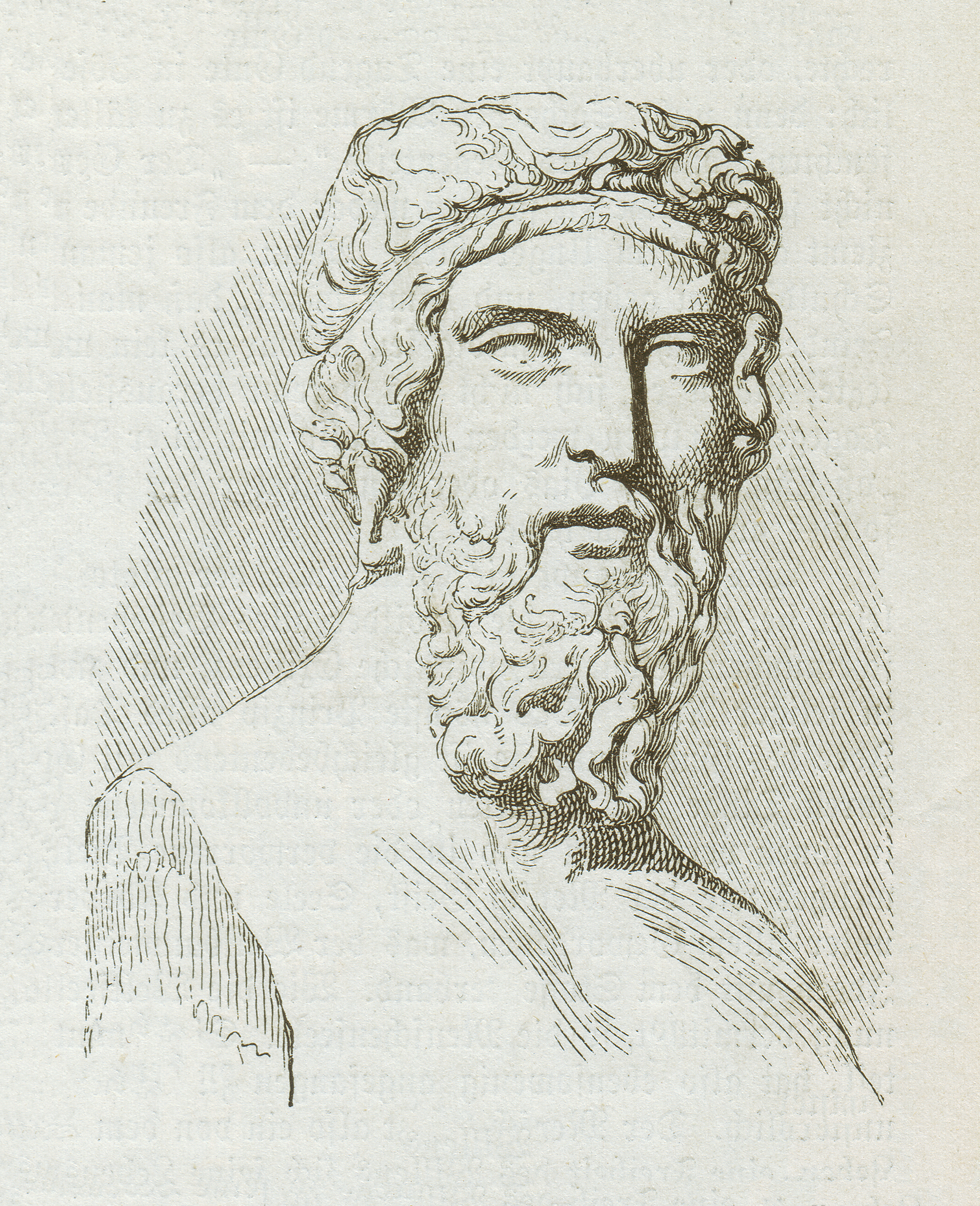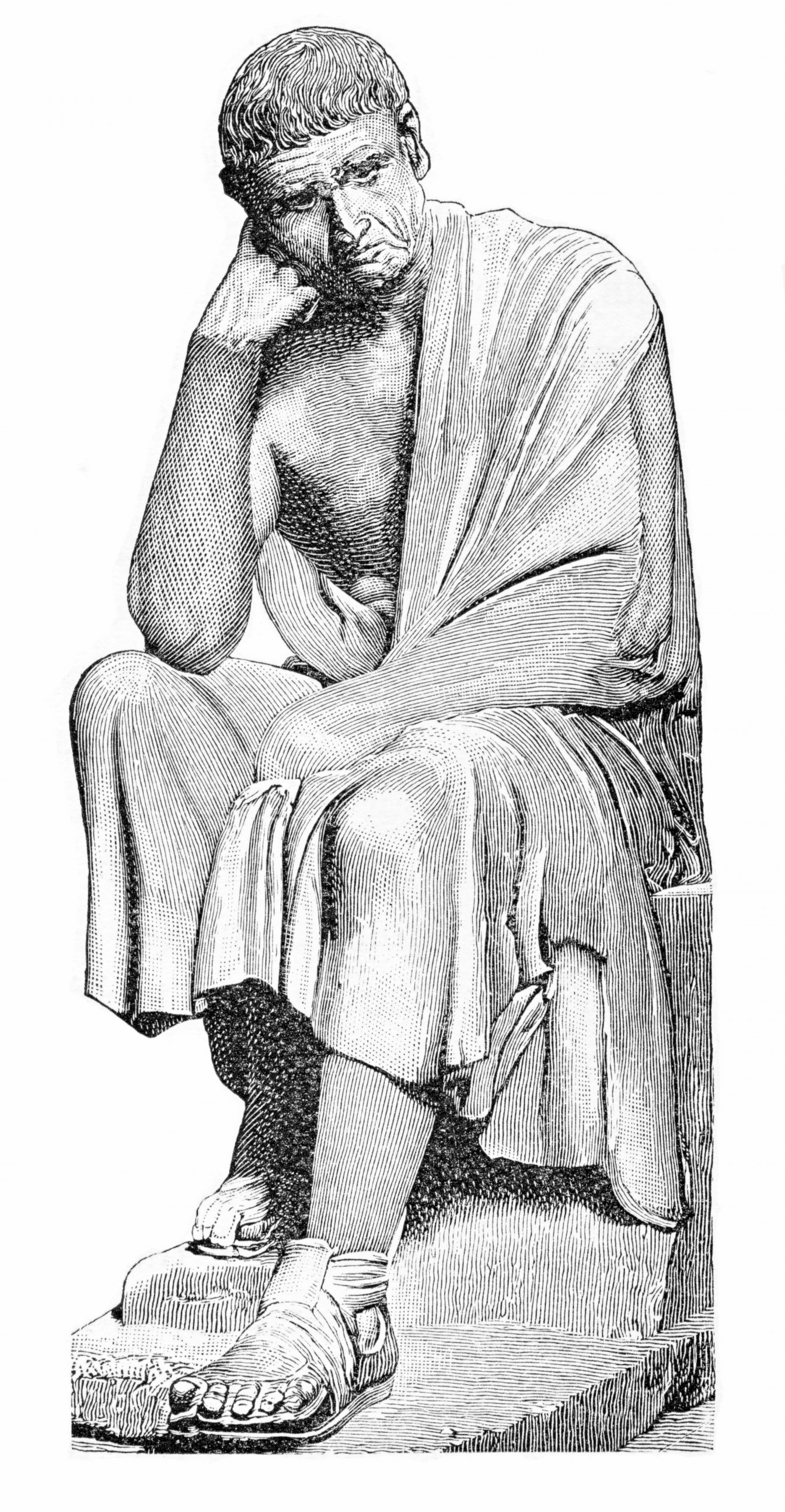What Greece's Leaders Can Learn From Greek Philosophers
Greece's prime ministers and cabinet must submit a plan to European creditors.
— -- While Greek thinkers Socrates, Plato and Aristotle are known as some of Western civilization's greatest philosophers, and not necessarily economists, their work may have some nuggets of wisdom for their modern descendants facing the current financial crisis.
These giants of philosophy may or may not have agreed with the majority of Greeks who voted against austerity in last Sunday's referendum, but they were rebels against the government in their own day.
Socrates was condemned to death for attacking Athens' form of government.
"At age 70 in 399 B.C. he drank hemlock and died surrounded by his admirers," according to "Rhetoric and Human Consciousness: A History," by Craig Smith.
Socrates did warn, "Beware the barrenness of a busy life." But could he have forewarned Greece of having public debt that's 177 percent of its gross domestic product?

Greek Prime Minister Alexis Tsipras and his cabinet are meeting today before they present their plans to their European creditors tonight.
Here are some quotes from these three thinkers that may provide wisdom to Greece's leaders and its people.
Socrates (469-399 B.C.): Greece's 25 percent unemployment rate
1. "He is richest who is content with the least, for content is the wealth of nature."
2. "The unexamined life is not worth living."
3. "Worthless people live only to eat and drink; people of worth eat and drink only to live."
Plato (427-347 B.C.): Greek citizens' 60 euro cash withdrawal limit
1. "For he who is gracious to his lover under the impression that he is rich, and is disappointed of his gains because he turns out to be poor, is disgraced all the same: for he has done his best to show that he would give himself up to any one's 'uses base' for the sake of money; but this is not honorable."
- Symposium, 360 B.C.
On disagreement with European creditors:
2. "[H]armony is composed of differing notes of higher or lower pitch which disagreed once, but are now reconciled by the art of music; for if the higher and lower notes still disagreed, there could be no harmony."
- Symposium, 360 B.C.

Aristotle (384-322 BC): on Greece's retirement age
1. "The life of money-making is one undertaken under compulsion, and wealth is evidently not the good we are seeking; for it is merely useful and for the sake of something else."
- Nicomachean Ethics, c. 325 B.C.
(The average retirement age for men in Greece is about 61.9 years.)
On whether to leave the euro
2. "For if you make a man too fearless, so as not even to fear the gods, he is not brave but mad, but if you make him afraid of everything, he is a coward. To be brave, then, a man must not either fear everything or nothing."
- Magna Moralia




